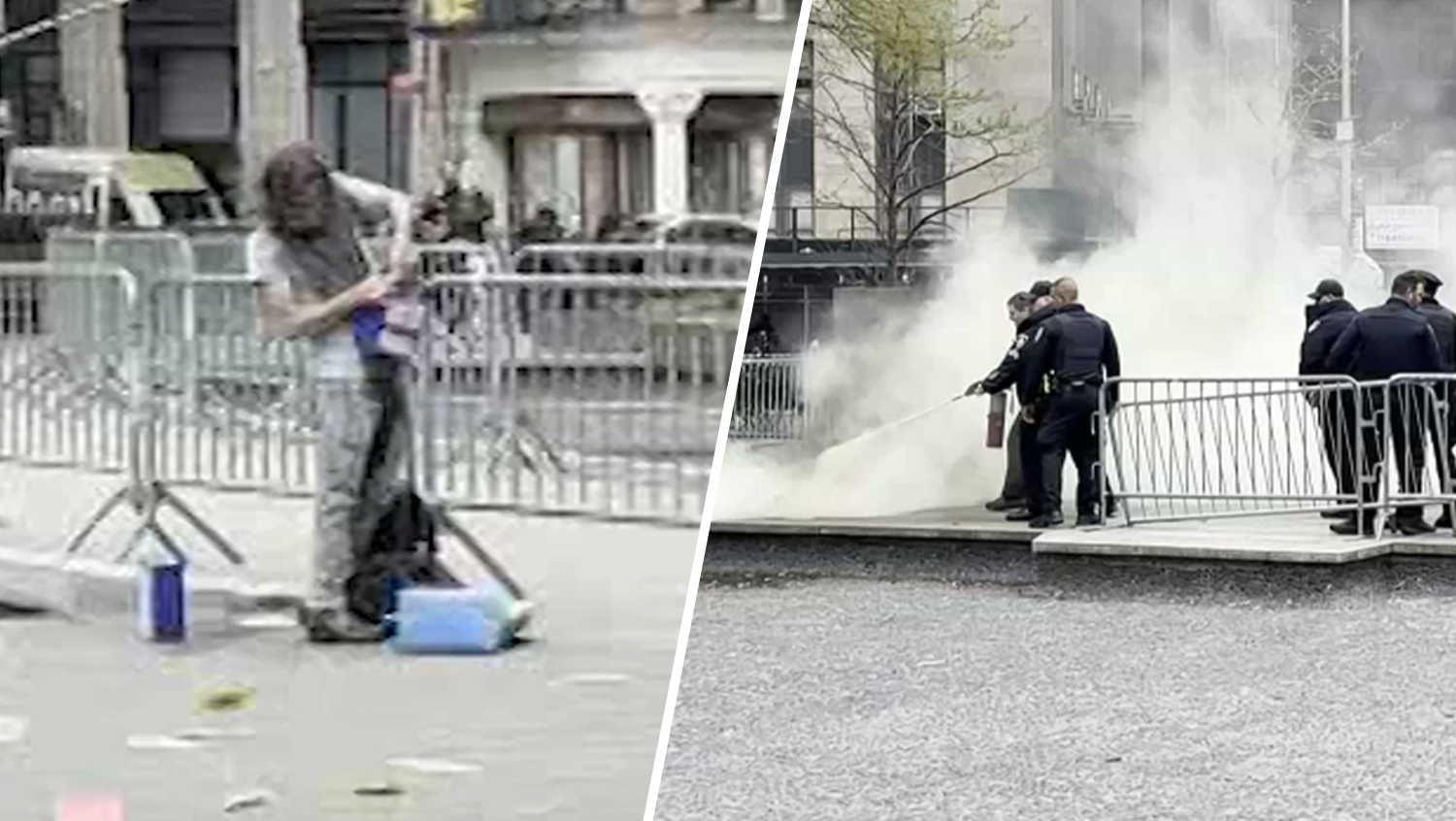The European Union and Britain ended a flurry of top-level diplomacy on Monday without a deal on the terms of divorce. But they said they were within striking distance of such an agreement that would allow the EU to broaden the talks to the topic of future relations.
On a day that see-sawed between hope and disappointment, the leaders fell just short of reaching what the EU considers "sufficient progress" on the divorce issues: the exit bill, rights of citizens on each other's territories and guarantees for a transparent border on the island of Ireland.
EU leaders want a deal on these issues in time for them to agree at a summit on Dec. 14-15 whether to move the negotiations on to the next stage of talks, including on topics like trade. The lack of progress so far has raised concerns that Britain may not have a deal on key issues by the time it officially leaves on March 29, 2019.
"Despite our best efforts and the significant process we and our teams have made over the past days on the remaining withdrawal issues, it was not possible to reach an agreement," said EU Commission President Jean-Claude Juncker.
"This is not a failure," Juncker added after a long negotiating lunch with British Prime Minister Theresa May.
"I am also confident we will conclude this positively," said May.
EU Council President Donald Tusk had earlier said he was "encouraged" by last-minute progress in the effort to break the impasse, especially in the thorny issue of the Irish border.
U.S. & World
The day's top national and international news.
The Irish breakthrough under discussion would allow for the border between the EU's Ireland and the U.K.'s Northern Ireland to remain transparent for trade. Both sides would promise to keep the trading rules compatible.
"Basically the British government would commit to maintain the full alignment of legislation where pertinent," said Belgian member of the European Parliament Philippe Lamberts.
Lamberts said he was "optimistic that the European (summit) can now agree to move discussion on to the UK's future relationship."
"It seems the British government is now coming to terms with reality," he said.
May's government has long said there will be no "hard border" with Ireland once Britain leaves the EU's tariff-less single market and the customs union, a looser trading bloc that includes non-EU states like Turkey. Ireland and other EU countries are insisting the U.K. provide details of how customs checkpoints and other border obstacles can be avoided.
One solution would be to allow Northern Ireland to stay in the customs union when the rest of the U.K. leaves. But that would be unacceptable for Northern Ireland's Democratic Unionist Party — upon which May's minority government relies on to stay in power.
Diplomats have been negotiating relentlessly over the past days to meet an EU-imposed deadline of Monday to find "sufficient progress" on the divorce issues.
The European Parliament's chief Brexit official said it was "50/50 to have something." Guy Verhofstadt added that a financial settlement on the divorce was as good as done — "it seems, yes" — while the talks on citizens' rights and Ireland's border still had outstanding issues to solve.
Yet Monday was still fraught with difficulties. Juncker first met with Brexit experts from the European Parliament, which will eventually have to endorse any departure deal.
And Verhofstadt warned that unless all issues are solved "there will be no green light in October 2018." A decision on any new deals with Britain would have to be reached by the fall of next year to give individual member states enough time to approve all the measures in their parliaments before the final date on March 2019.



